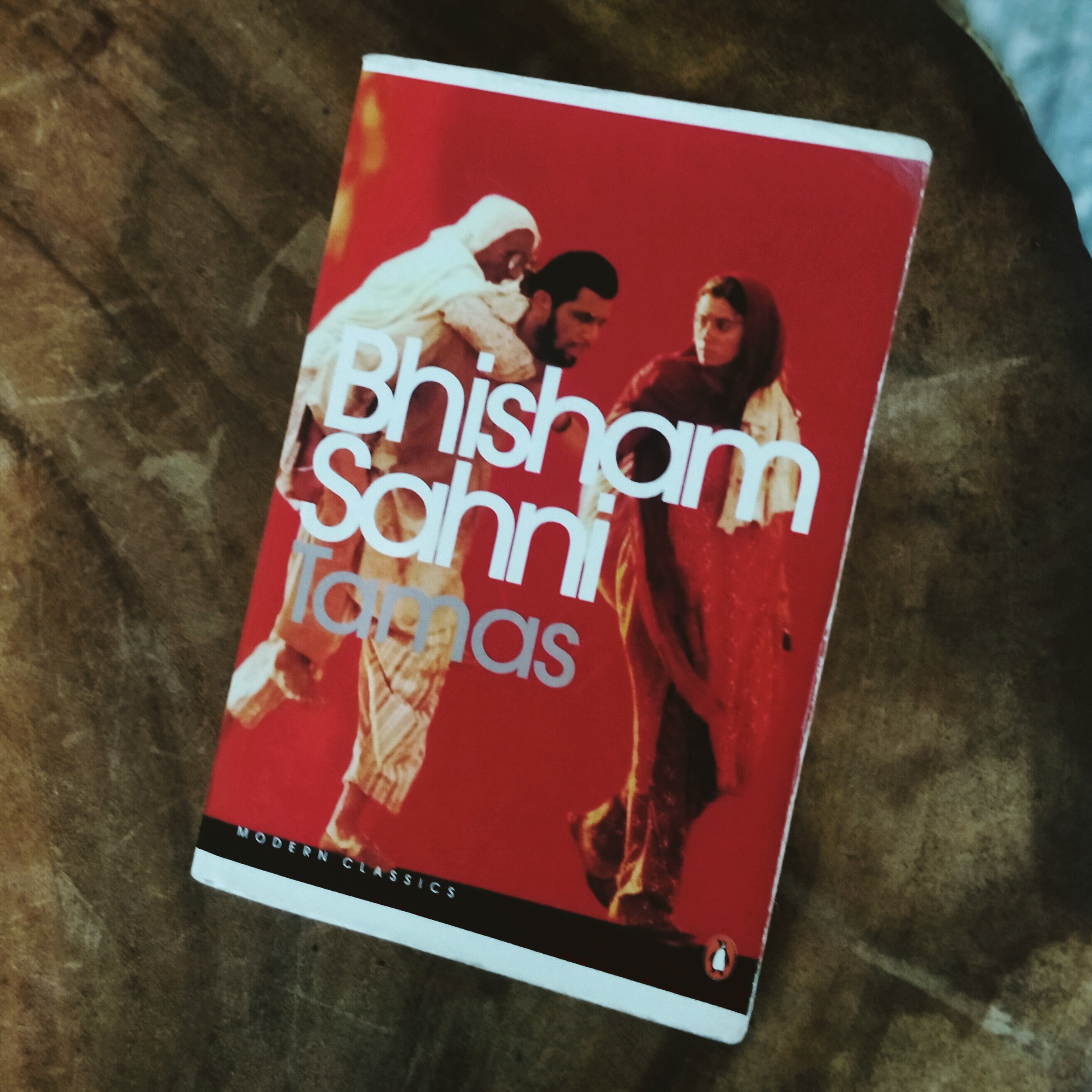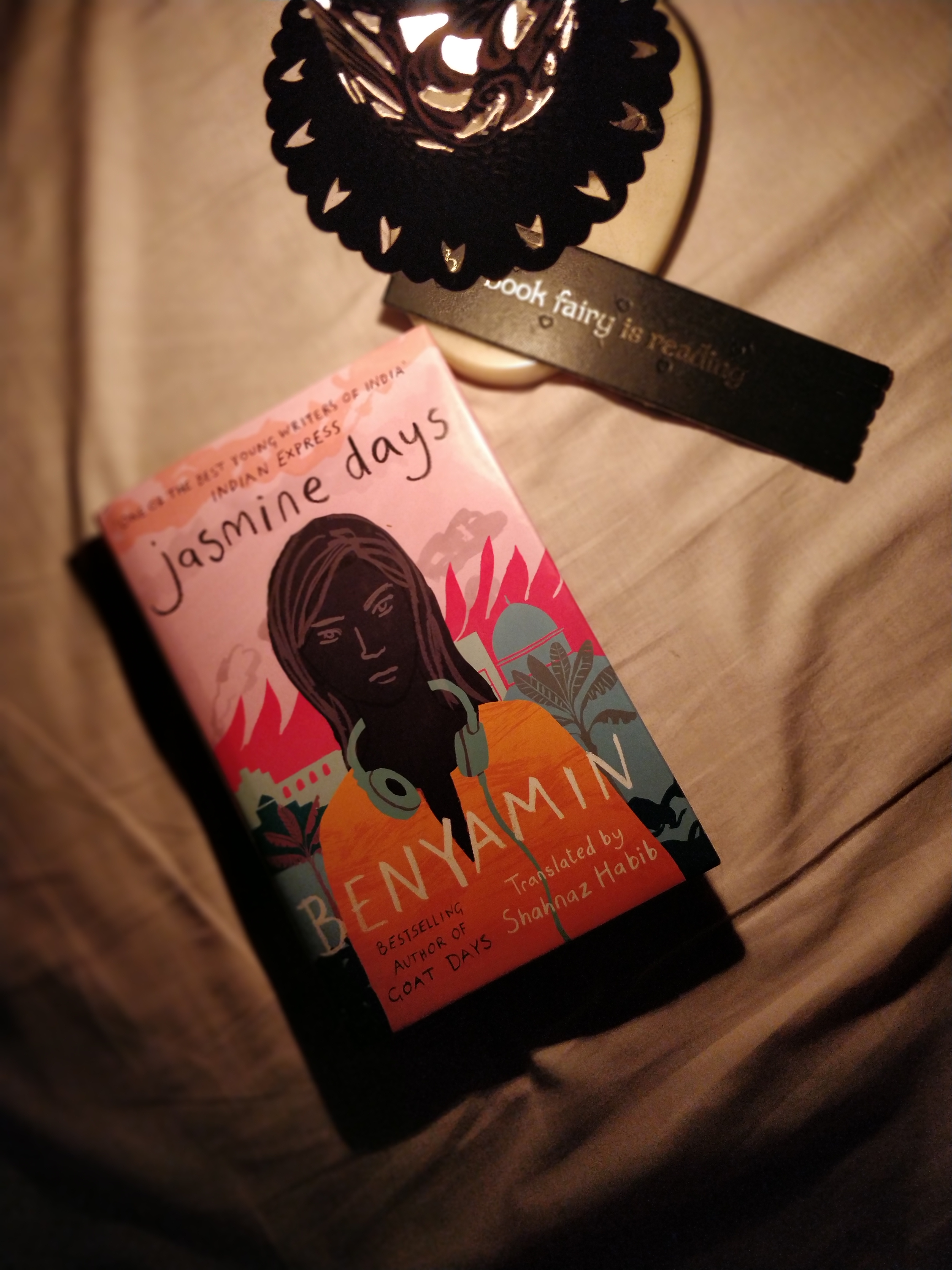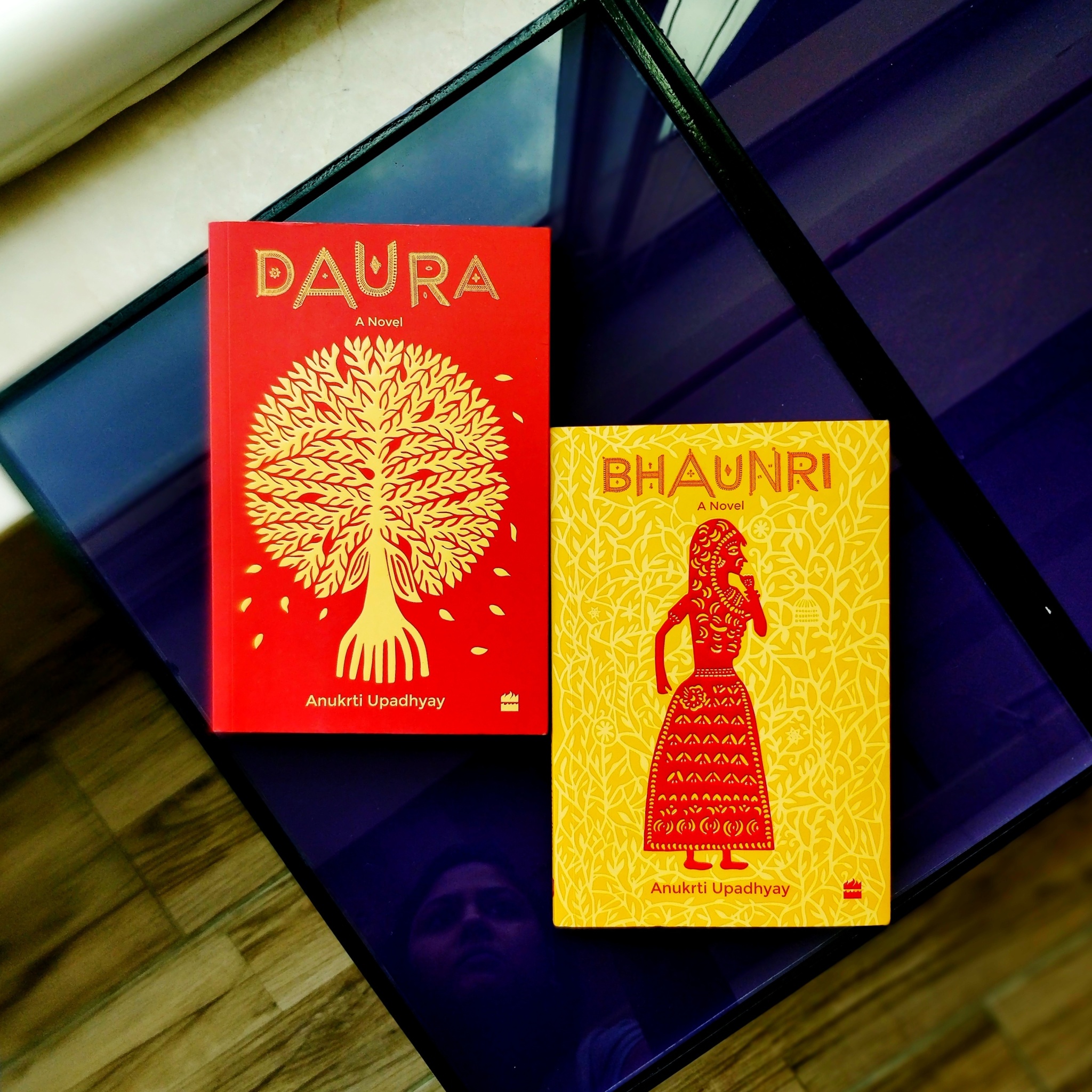A deceitfully daunting read, ‘Zen’ by Shabnam Minwalla is best picked during a restful weekend. Once you start reading the book, there is no option but to finish it.
Beginning with a late night flight landing in Bombay, it takes you through the city with its sounds, smell and colour, transporting you to right into the setting. Not knowing where the book would lead you, what sets the tone and mood for each chapter are the colourful captions and the occasional song shared right before the chapter begins. On the surface, ‘Zen’ is a love story, running in parallel, of two young women in different times, but as the plot uncovers we find ourselves engrossed in the politics of the time, forming opinions in our head and yet rooting for the couples.
Besides the engaging plot, what really draws you in is Shabnam’s use of words and colours.
Whether it’s her use of exaggerated words for modern-day Zainab Currimji a.k.a Zen’s reactions like goggled, harrumphed or juddered or her Wodehouse-like similes such as ‘a look as sharp as a board pin’ or ‘wisps of sadness that were stickier than cotton candy’, the choice of words almost gives a physical dimension to the narrative.
Colours are freely used to depict all kinds of things from clothes to emotions, to coded messages to even the chapter headers. Whether it’s Yash’s rust-colour kurta when he first meets Zen, Zen’s watermelon-red kohlapuri slippers which propels their story forward, or Zen’s mood which is ‘as grey as the charcoal scrub in her bathroom cabinet’, the use of colour brightens the reading experience.
In the older Zainab’s case, colour is integral to the plot. Set in 1935, at the wake of the Independence movement, Zainab Essaji yearns to play her part in the freedom movement. When her handsome new neighbour asks her to pass on the colour-coded messages to her brother, little does she know that she is doing just that.
Besides the lucid language, interesting use of words and colours to pepper the narrative, what makes Zen a must-read is the realistic portrayal of its characters — there is love, but not the kind where you ignore your individuality, there is the question of mixed identity and standing by it and there is agency for women despite which age they belonged to. The book reads like a classic when Zainab’s relationship with the mysterious K is being scripted and switches track to ‘Normal People’ when it comes to Zen and Yash’s relationship. Zen has a mixed identity of being half Hindu and half Muslim but she stands by her identity even if it meant having deep ideological differences with the only man she ever felt herself with. Both the Zainabs lived within the boundaries of their familial setup but their free-spirit and individuality were never undermined.
How do the lives of the two Zainabs intertwine? Who is the mysterious person that ties all the loose ends? Read the novel for all the answers and read it for the Bombay it describes, for the beauty of language, for making you fall in love again and again and again.
Book Zen by Shabnam Minwalla
Publisher Duckbill, an imprint of Penguin Random House India
Will be published on 29 May 2023
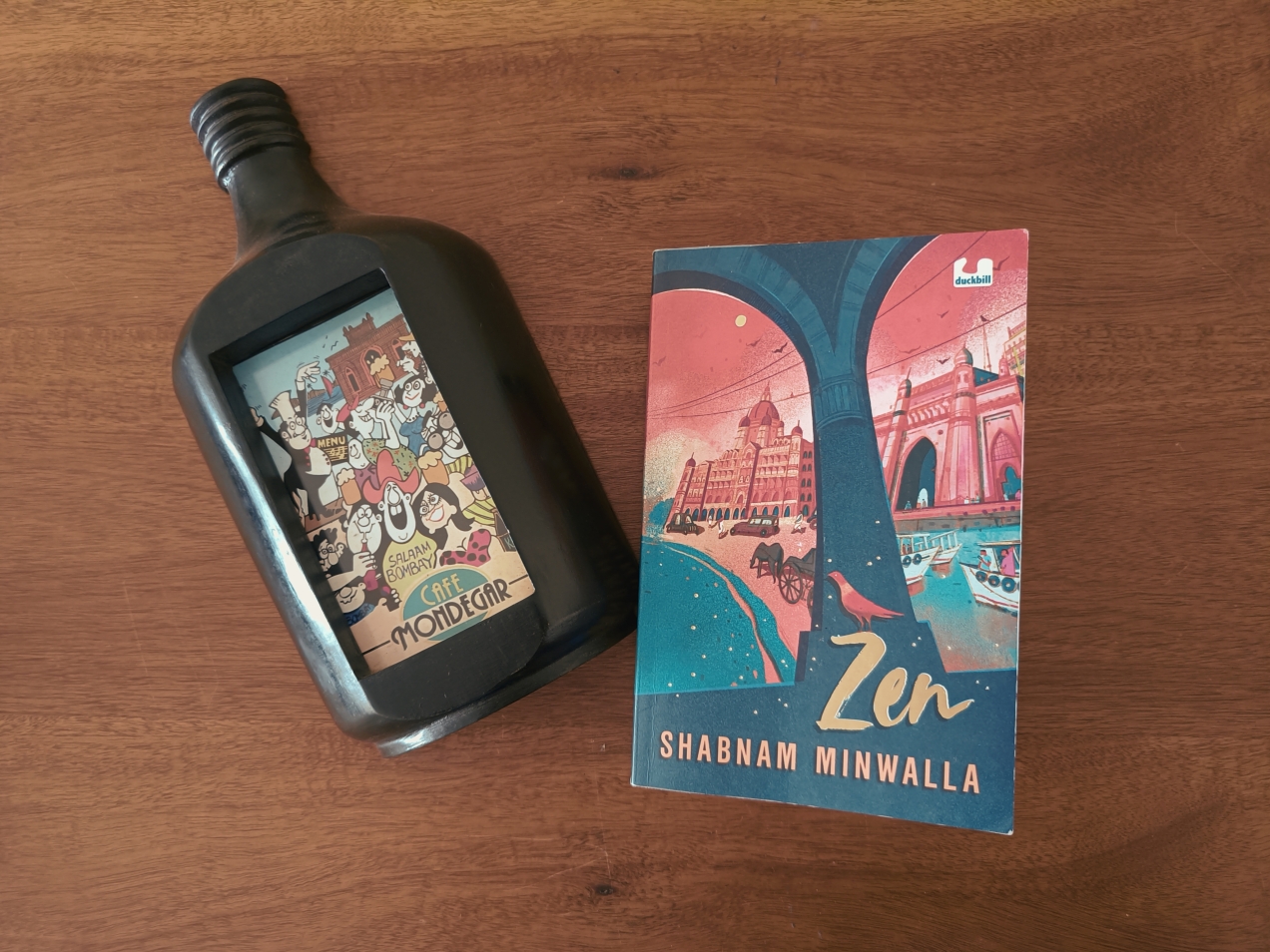
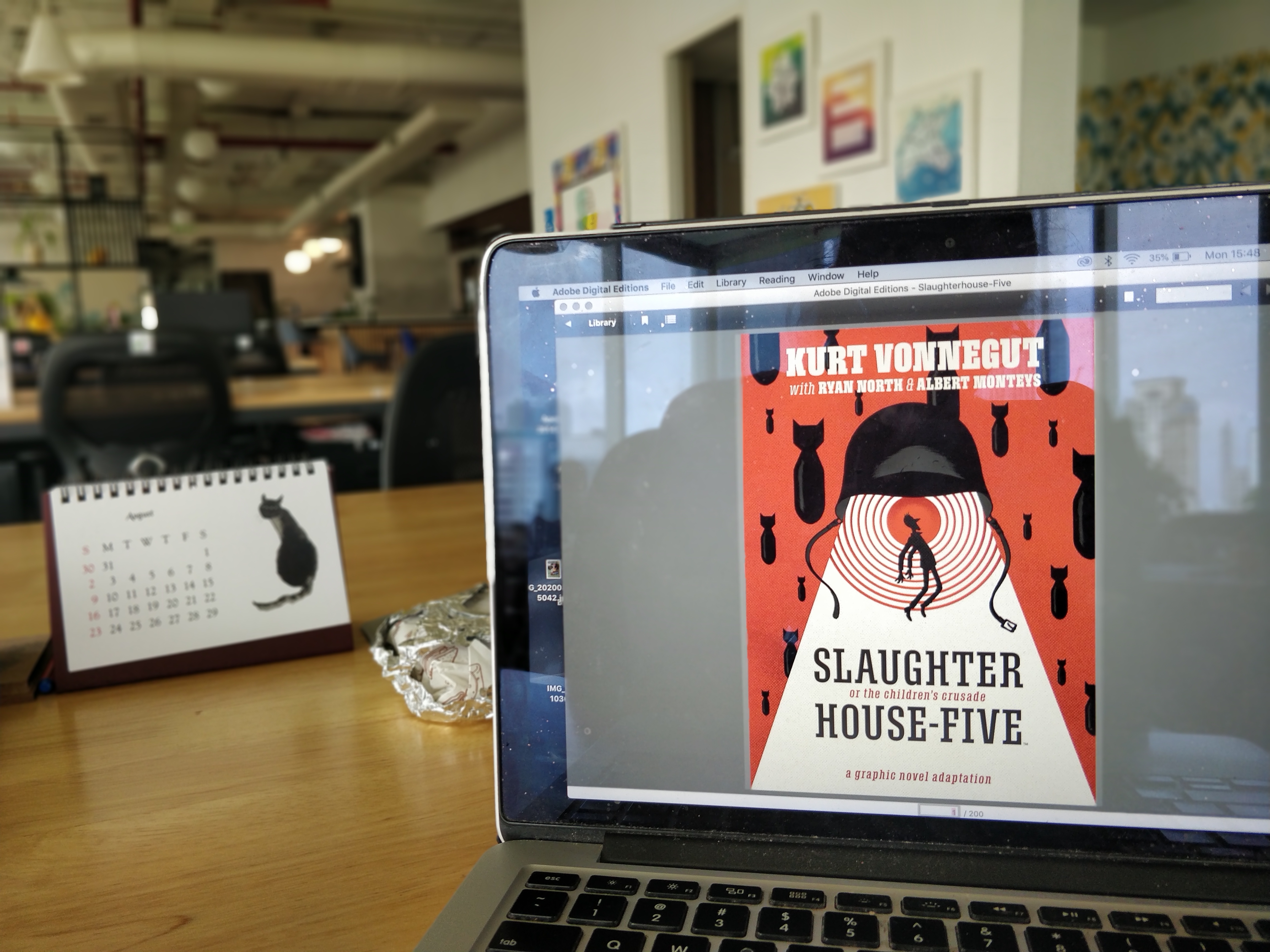
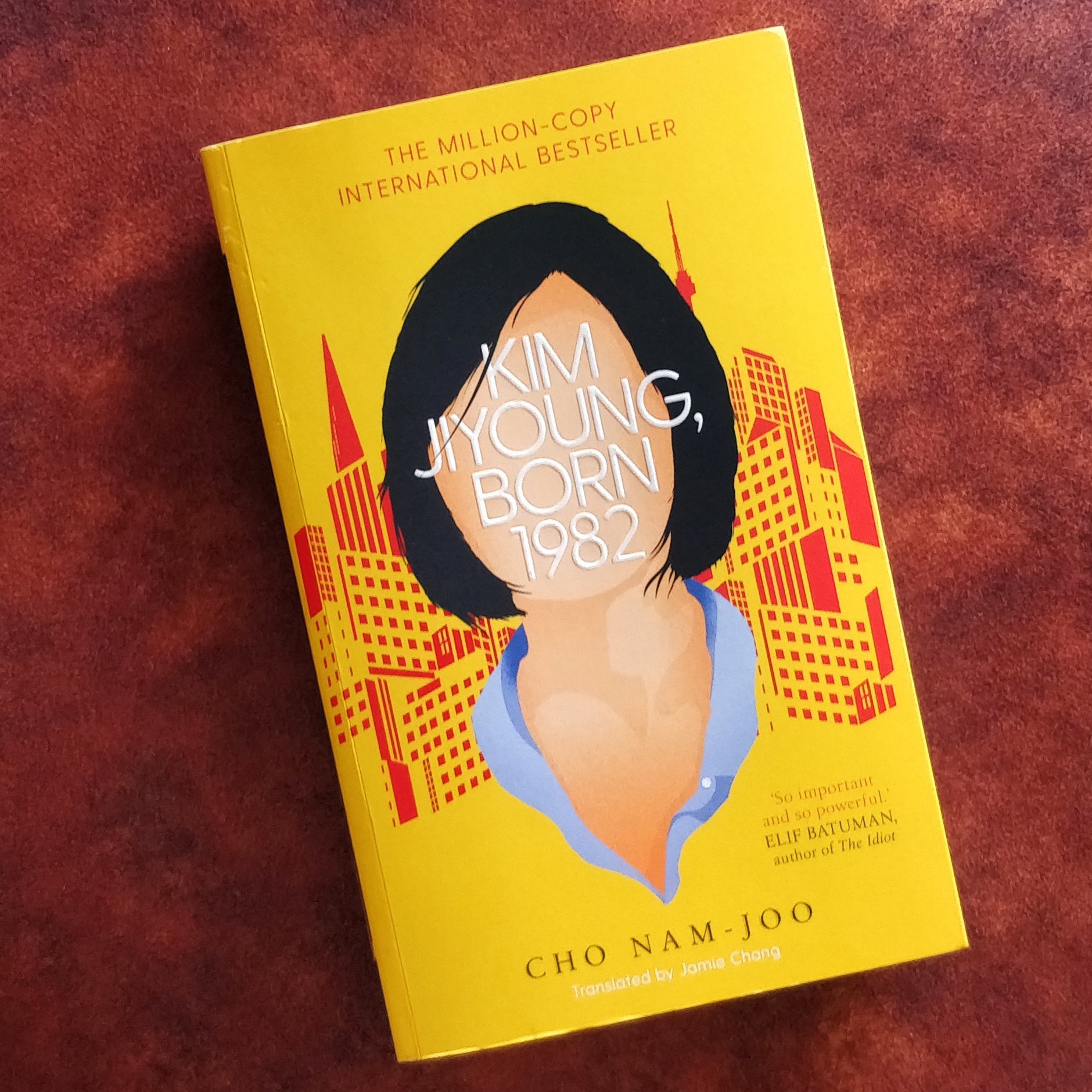


 Photo by
Photo by 